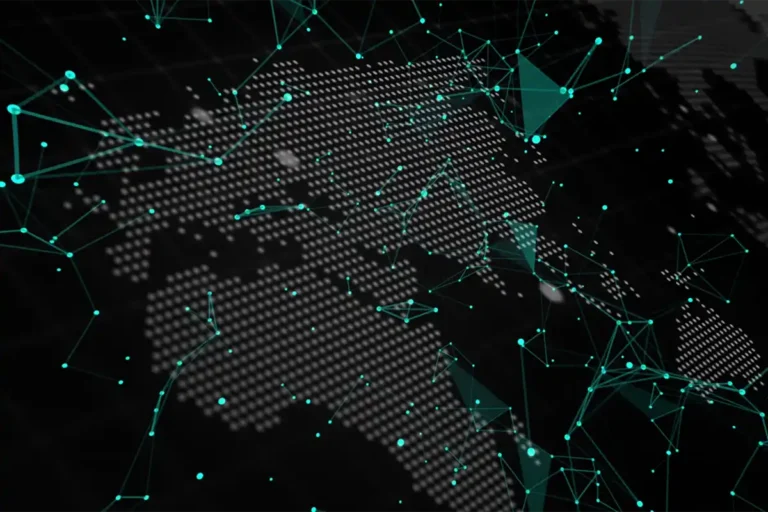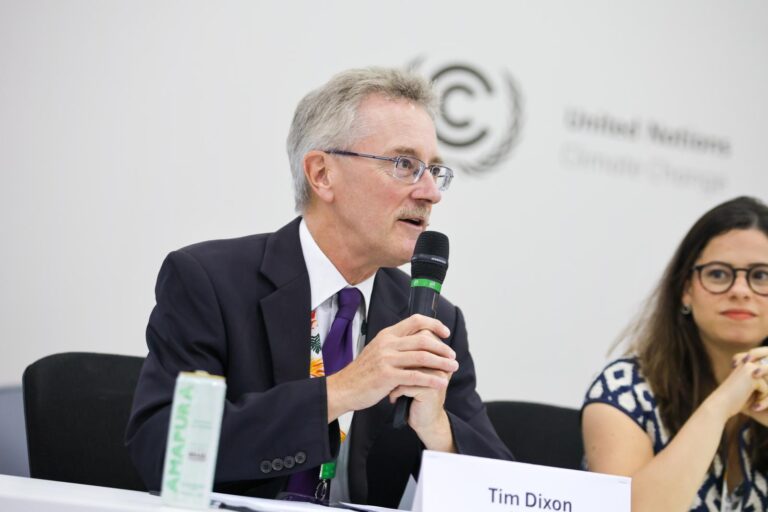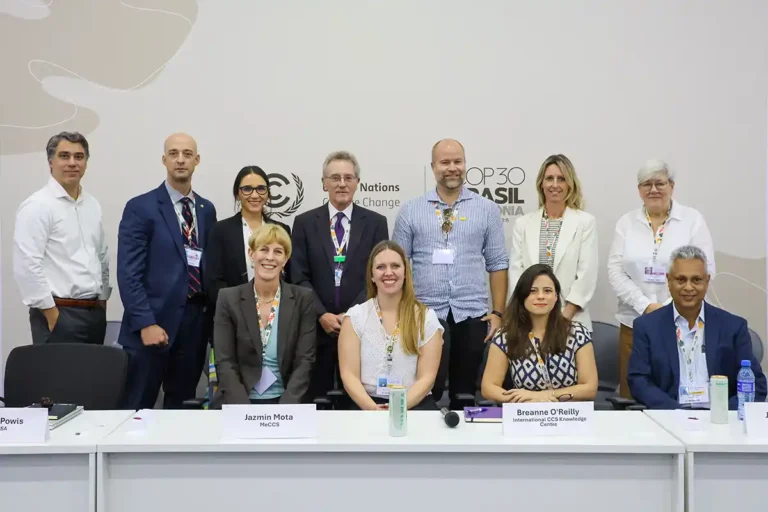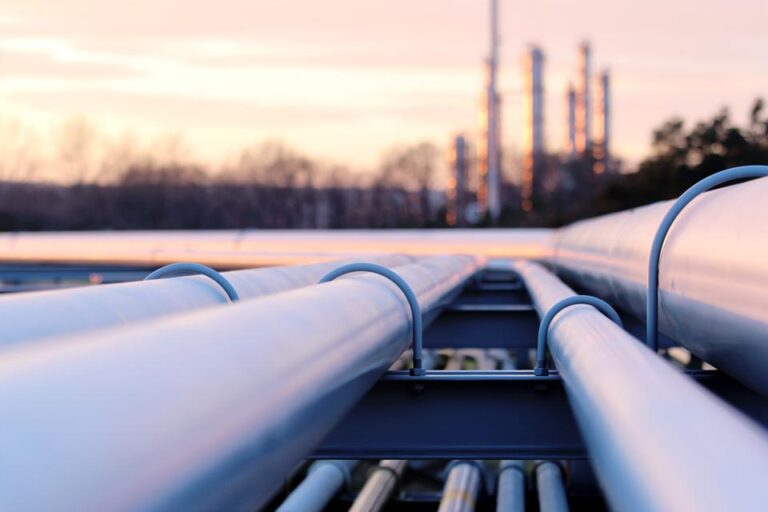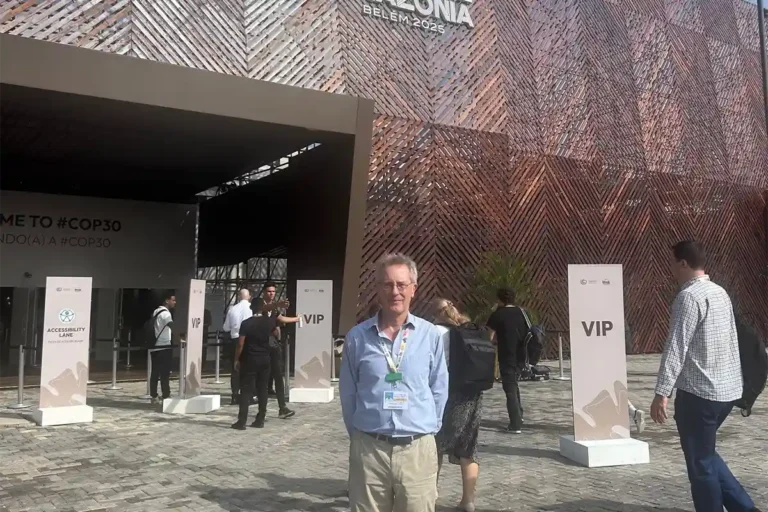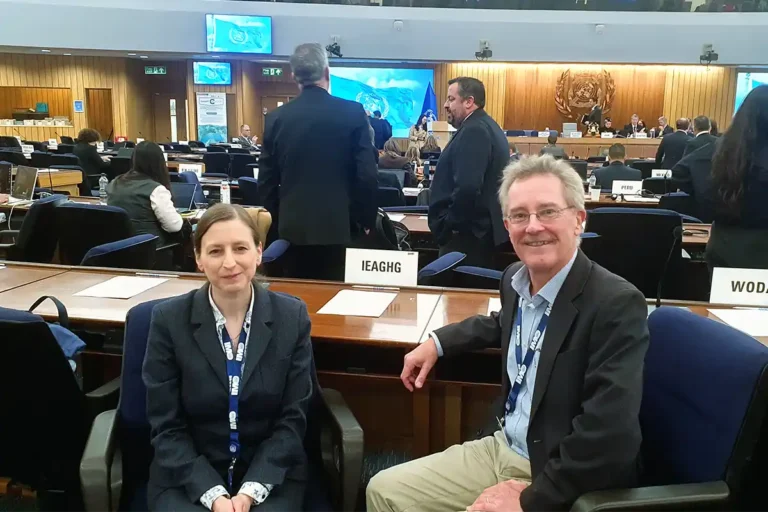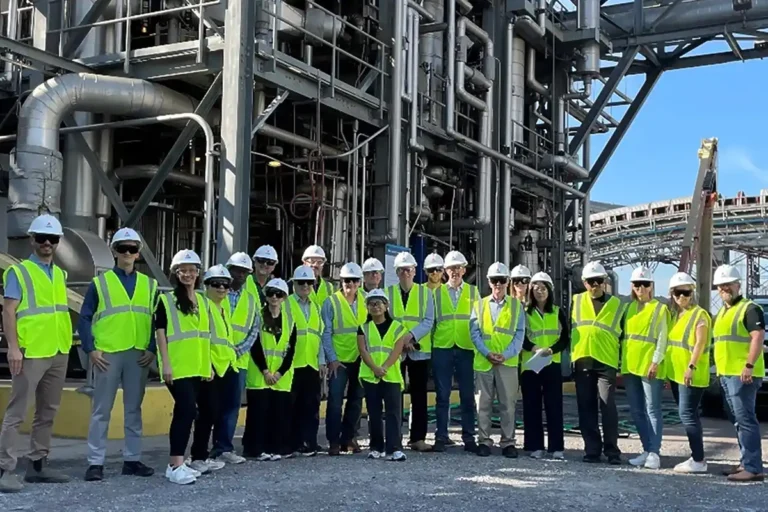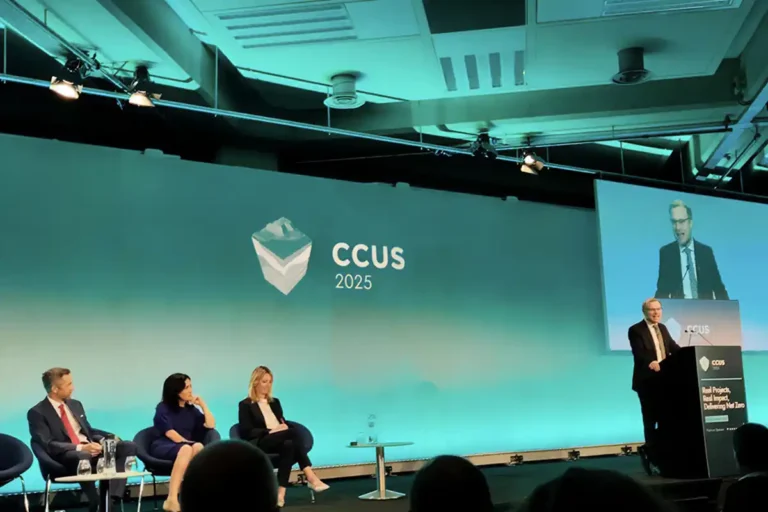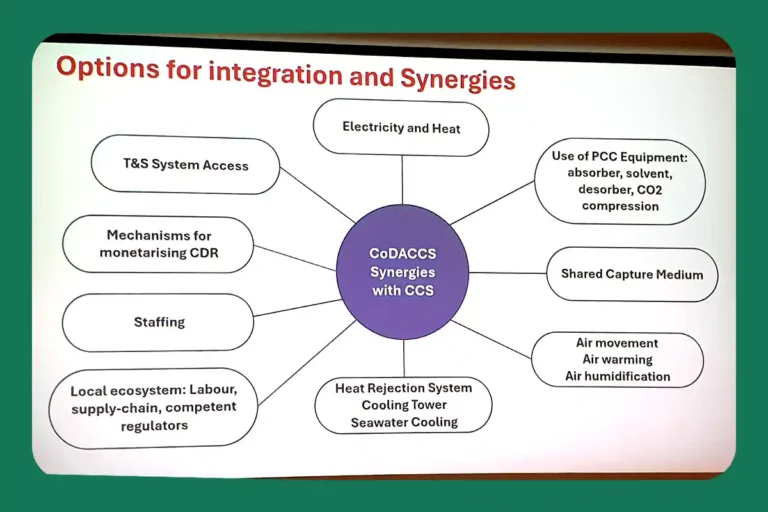
London Convention & London Protocol 2024 Annual Meeting
12 November 2024
In this annual meeting, much time was spent on Marine Geoengineering (MGE), and there was the usual agenda item on CCS also.
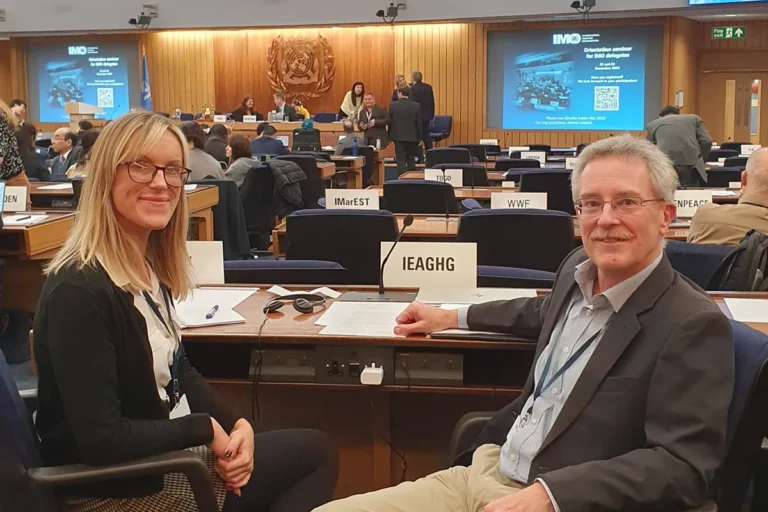
In this annual meeting, much time was spent on Marine Geoengineering (MGE), and there was the usual agenda item on CCS also.
CCS
As usual, this meeting asked for updates on the acceptance and ratification of the 2009 CO2 Export Amendment and use of the 2019 Provisional Application of the Export Amendment. The number of countries who have accepted the 2009 Amendment is now twelve (Norway, UK, Netherlands, Iran, Finland, Estonia, Sweden, Denmark, Korea, Belgium, Switzerland, and Australia this month). So there is progress but it is still a long way from coming into force. On the Provisional Application of the Export Amendment there are now nine countries who have submitted declarations to the IMO (Norway, Netherlands, Belgium, Denmark, Korea, Sweden, UK, Switzerland and Australia) so that they can use this 2009 amendment now for exporting/importing CO2 for CCS.
Country updates on the Export amendment were provided by Australia, Germany, Denmark, France, Finland, Sweden, Netherlands, and Japan. Statements were also provided by the US, Germany and Greenpeace. Germany is developing regulations on CO2 storage offshore and encouraging CCS for hard-to-abate sectors, and encouraging the London Protocol to be restricted to CO₂ from hard-to-abate sectors not from the power sector.
In terms of sharing experiences with offshore CO2 storage, a correspondence group is underway, led by Japan and Australia, to survey the experiences in application of the CO2 Specific Guidelines (2007 originally and 2012 version amended for export) for the issuing of permits (see IEAGHG blog of 20 April 2024). This will report into the London Convention Scientific Group meeting in 2025.
IEAGHG provided an update, specifically on the 7th International Workshop on Offshore Geologic CO₂ Storage, the IEAGHG Monitoring Network report from 2023 which covered the capabilities for leakage detection (addressing a concern raised by Greenpeace in the 2024 London Convention’s Scientific Group meeting – see IEAGHG blog of 20 April 2024), and the new IEAGHG study underway on contractual and risk allocation aspects of transboundary projects under the London Protocol, between governments and between companies. These generated follow-up interest.
The IMO provided an update from their working group on their Strategy on Reduction of GHG Emissions from Ships, which includes Onboard Carbon Capture and Storage (OCCS) and also considering the transport of CO2 by ships. This working group is currently looking at mapping existing regulations onto these activities.
Marine Geoengineering
Much work is underway on marine geoengineering. There have been two intersessional correspondence groups on MGE, a legal group and a Scientific Group group. This topic took up more time than any other subject in this annual meeting as these two groups reported in. A matter of concern to many is the slow acceptance of the 2013 Amendment to control MGE under the London Protocol. Only six countries have accepted so far, with Denmark and Australia being close to accepting. There was a debate whether an amendment can be amended before it comes into force, so as to add further MGE techniques to the ocean fertilization technique which it presently covers. The techniques which are proposed to be added are ocean alkalinity enhancement, marine geoengineering with biomass, and surface albedo enhancement, and there is ongoing consideration of marine cloud brightening.
The 2013 amendment intends to bring into force regulation of marine geoegineering, prohibiting it except for research purposes, and in those cases needing an assessment framework for the issuing of permits. The countries were reminded of the importance of having more acceptances of the 2013 amendments to the Protocol, as the entry into force of the amendment would be the best way to allow the Contracting Parties to progress the important work regarding MGE. In recent years, the Parties had adopted three statements, two by the governing bodies in 2022 and 2023 and one by the Scientific Group in 2022, all highlighting the urgency of this work against the background of the rapidly growing interest into marine geoengineering techniques. These can be seen in a new specific IMO web area for MGE at Marine geoengineering .
Countries provided updates on MGE activities in their jurisdictions, including USA, Germany, and Canada. This meeting agreed to establish a Working Group on MGE for the duration of this meeting, under the lead of Canada and Germany [we await to see their results].
IEAGHG provided information on the recent IEAGHG report on “MRV and Accounting for CDR” which includes ocean-based techniques as one of the four categories covered by the report. Also IEAGHG provided an update on the IPCC work to develop a Methodology Report on CDR, with the two meetings held in 2024 (which IEAGHG participated) with a view to producing a report by 2027. This will have a volume on ocean CDR as well as other engineered and nature-based techniques.
IEAGHG also observed to the IMO that the London Protocol is the leading international treaty in acting on geoengineering in general, and other treaties/agreements look to the London Protocol as a result (as they did with regulation of CO2 geological storage since 2006).
MGE will continue to be a hot topic with much work to be done in the London Protocol for the foreseeable future, as more research and commercial activities take place around the world.
As in recent years, IEAGHG were the only CCS-specific organisation present in the London Convention meeting.
Public information on the London Convention is available at Convention on the Prevention of Marine Pollution by Dumping of Wastes and Other Matter (imo.org) . For background on the CO2 Export Amendment, Resolution and guidelines, see IEAGHG report 2021-TR02 Exporting CO₂ for Offshore Storage – The London Protocol’s Export Amendment and Associated Guidelines and Guidance – IEAGHG .
Other articles you might be interested in
Get the latest CCS news and insights
Get essential news and updates from the CCS sector and the IEAGHG by email.
Can't find what you are looking for?
Whatever you would like to know, our dedicated team of experts is here to help you. Just drop us an email and we will get back to you as soon as we can.
Contact Us Now

